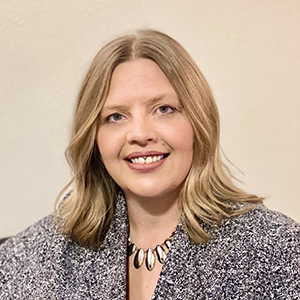Beyond Task Training: Easier Said Than Done
December 09, 2016 | 2440 Views
Recently, CHART Past President Dr. Mike Hampton from Florida International University hosted a leader’s panel to “share insights on how we need to align higher education with the evolving needs of the industry brought about by the massive transformations taking place in global economies, markets, technologies, environment and other macro factors.” What an ambitious goal!
Some key themes came from this thought-leading conversation that we might consider:
- There is a need for people to think critically and responsibly. To act accordingly with enthusiasm and innovation, and to learn through practice and application.
- Core areas for alignment lie in critical thinking, problem-solving, cultural awareness and decision-making skills.
- To keep pace with the rapidly-evolving business climate, training and education methods, both in higher education and in corporate training environments, must help in developing business-minded agility with a high degree of understanding of the global marketplace.
Bottom line: As learning professionals, we are challenged with developing learning behaviors beyond task training.
Your initial reaction might be much like mine: “Easier said than done!”
Learning and development innovators in our industry, however, are rising to the challenge in the following ways:
- Focusing on competency areas (the NRAEF, in partnership with the DOL, has recently released a core F&B competency model, which is an interesting starting baseline). Many people are familiar with the “Skills Gap,” but not all have a real understanding of which skills are of concern in or out of our industry.
- Shifting measurement of outcomes from memorization to true analysis and application of business principles. The environment is global, whether or not the individual business is. Assessment of markets, trends, and how they affect business downstream is important for capitalizing on opportunity and navigating risks.
- Teaching a learner’s mindset, and skills to respond to fluid circumstances. Access to information has become much easier within the past decade. The ability to rapidly process data, evaluate what information is present or missing, and self-skill as new technologies and innovations come to market are critical skills. Information learned today may not be relevant in 5 years, yet the processes of comprehension, understanding, analysis, strategy, implementation, assessment and adjustment is likely enduring.
Though the world of business seems to be getting smaller and faster, it may remain important that educational institutions continue to advocate for education as its own end. While it might be attractive to business to have higher education complete the skills training for their future workforce, we all need individuals who are capable of critical thought and interested in the broader world to meet our currently-unimagined futures.
Learning, sharing, growing, and caring together within our CHART member network, we can get it done!
An abridged version of this blog originally appeared as an article in the December 2016 issue of the flipCHART, our member newsletter.



Craig Ayala:
Dec 14, 2016 at 02:26 PM
Donna,
I agree 100%, I attended the CHART RTF in Boston a couple of weeks ago and was reminded of the need for not only diversity in our workplaces, but also the need for evolving training. People often comment on how hard it is to wrangle in the Millennials but, that is our job to adjust to the ever changing demands that are created within our learning institutions. I see it all the time in my two kids schools, they are both in elementary school and everything is collaborative and technology based. As training professionals in the work place, I feel that we need to keep in touch with the ever changing environment in our schools, so that we don't get caught with another workforce that we struggle to relate too and we can be better prepared when they enter the workforce.
Great Article!
Craig Ayala